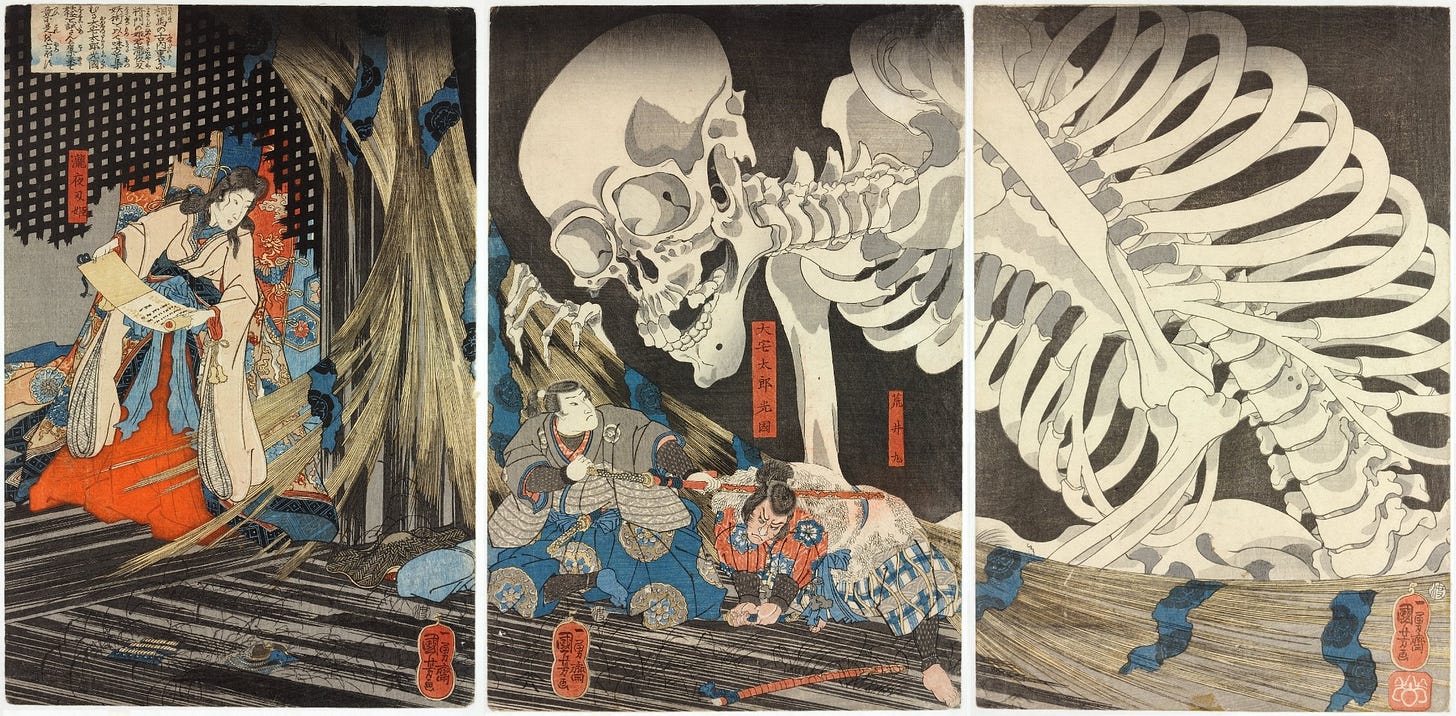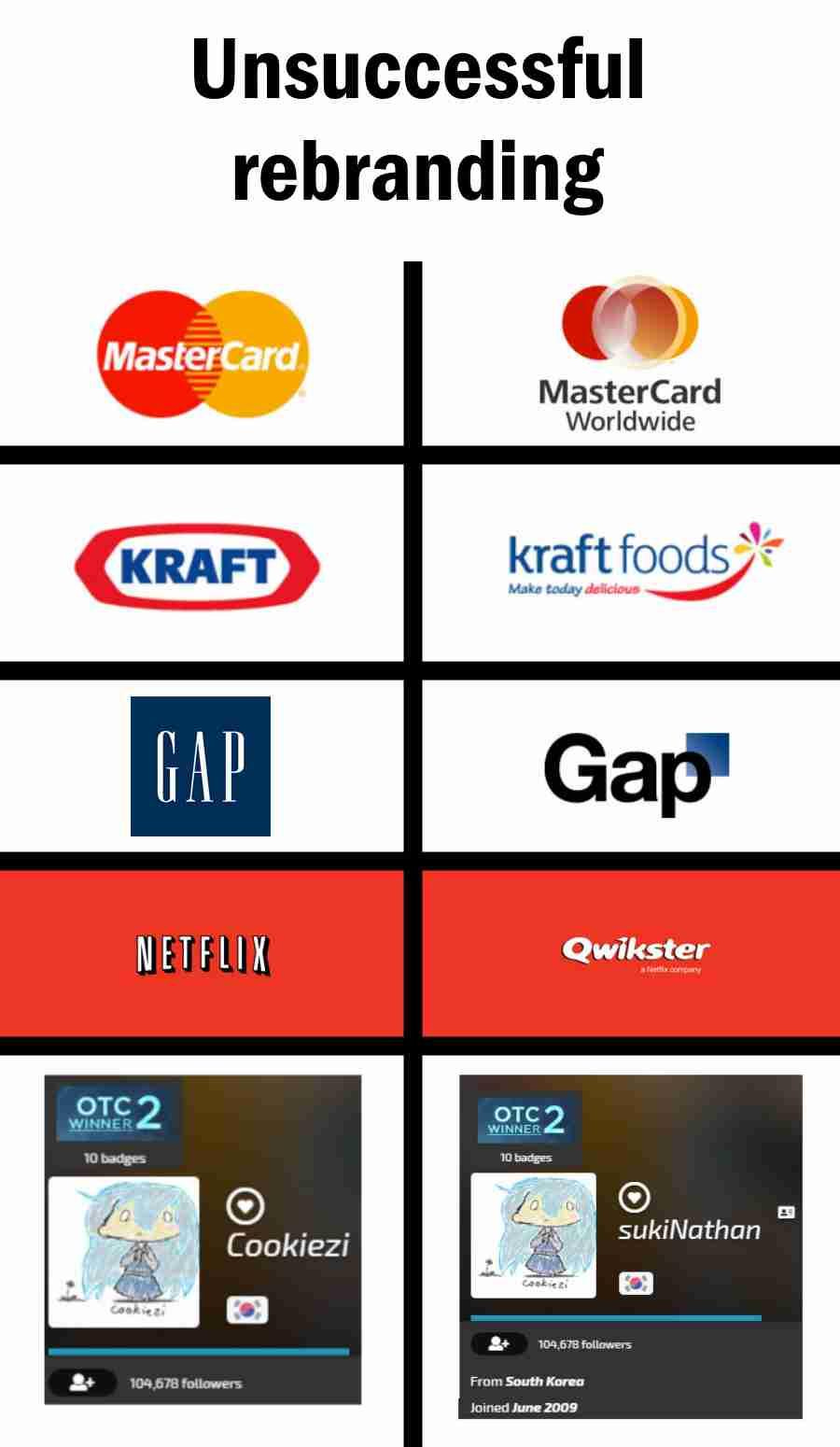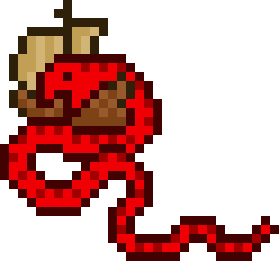Hopeful Monsters
Not a rebranding 🎃
Addendum, December 2024: I changed my mind and decided to go ahead with the rebranding. This makes this essay less meaningful, though it contains some interesting nuggets about the thought process that went into it, so I’m not editing it.
While reading Karl Popper for what ended up being last week’s post, I came upon the phrase “hopeful monsters.” It’s from the biologist Richard Goldschmidt, who coined it in the 1940s to refer to an evolutionary theory involving macromutations — genetic changes in much more than a single DNA base pair, which would presumably create monstrous creatures, some of which could hope to survive.
It then occurred to me that Hopeful Monsters could be a great name for this blog.
Like I wrote in my 200th postniversary, I have been mulling over the idea of rebranding. The name Atlas of Wonders and Monsters annoys me. I cringe whenever I say it out loud. It’s too long. I could shorten it, but all parts of it seem essential. Wonders and Monsters is plainly boring, missing out on the great aesthetics associated with maps. Atlas of Monsters seems to suggest I’m going to write about horror movies or something. And Atlas of Wonders would be… too rosy-eyed?
In fact, of the three main words in the title, “monsters” seems the most significant to me. I’m not sure why. But it’s important that this blog be about monsters. Vast, monstrous problems of coordination, lurking just beyond human comprehension. Psychofauna, preying on us poor social animals. Demons as metaphors for various ailments. Sometimes more literal monsters too, as a way to explore the concepts of evil and ugliness. Not to mention the sea monsters that have been decorating the section breaks of this blog for years.
But any name built too much around the concept of monsters will make it seem like I’m writing about horror. I would need a way to soften it. Something positive and wholesome, akin to “wonders.” Something like hope?
When I thought of Hopeful Monsters it seems to me like it was the perfect name. Around 40% of this blog is about progress, including technological progress; it’s about solving problems. What better word for this than “hopeful”? And another (overlapping) 40% of this blog is about evolution, including the cultural kind. What better than a phrase taken straight from a Darwinian biologist? What better than a concept meaning sudden, discontinuous jumps in the evolutionary history of an organism, to represent the quick turns of cultural evolution and memetics?
Besides, almost nothing is called Hopeful Monsters, except approximately one (1) novel from the 1990s. And there are so many great pieces of art featuring monsters of one kind or other (I ended up selecting Utagawa Kuniyoshi’s yōkai monsters because at least some of them seem somewhat hopeful.) And Halloween was coming, the time of monsters and hope (in the form of children hoping for candy). And it was the perfect timing to announce that I was soon going to maybe change the way I blog and take a break from my 200+ weekly streak, because I so desperately need a writing vacation.

I thought all this within a few minutes, and then told myself I’d post the name change announcement on Halloween, unless I began thinking it was a bad idea by then. That wasn’t going to happen, because it was so obviously a good idea.
Well, here we are. It’s Halloween and the blog is still called Atlas of Wonders and Monsters.
I blame one of my friends, who claims that Atlas of Wonders and Monsters is a great name, and that “authors are the worst people at evaluating the quality of the titles they choose.” He’s wrong, but his comment sowed just enough doubt for me to second-guess myself.
I look at the phrase Hopeful Monsters and I don’t know what I think anymore. Maybe it’s a bit bland? Maybe the adjective + noun pair is the least original possible combination, and I should stick with my exaggeratedly long title? I do like long titles in general. Maybe I should double down on it! Write it in the style of 18th-century and earlier publications, like so:
Comprehensive ATLAS of Wonders and MONSTERS Being a Metaphorical Description of STRANGE and STARTLING Phenomena of the Philosophies, the Sciences, and Other Arts presented weekly on Wedneſdays or Thurſdays since MMXX
(Though I suppose this wouldn’t fit in the space at the top, so that won’t work.)
The usual outcome of being unsure about performing some change is to just go along with the status quo. There is a level of activation energy that won’t be attained without genuine enthusiasm, and it doesn’t take much to dampen that enthusiasm to just below the threshold. It’s just easier to not do things, after all. And for sticky things like the brand a blog (or a company, or anything really), the threshold is even higher. That’s because names grow on us (in both good and bad ways). They become a familiar presence. I have no doubt that I’d eventually have the same love/hate relationship with Hopeful Monsters within a few months of making the change, and have the same ambivalence towards changing it again.
Rebrandings are hard. They often don’t work — any search for failed rebranding attempts will be rife with examples.
If you think about it, a rebranding is like a macromutation. A sudden, discontinuous jump in the way a cultural artifact presents itself to the world. Sometimes it works out, and the new brand survives and establish itself. Other times it creates a monster — a uglier version of itself, hoping to succeed, but condemned to be forgotten by the relentless force of cultural selection. There is something sad in the phrase “hopeful monsters.” Maybe it’s better for me to leave it behind.










Taking your musings even further leads to Freak Atlas. I'm not sure that's preferable to either Hopeful Monsters or the original, which is at least unique and intriguingly baroque.
I for one prefer Hopeful Monsters. Your current name makes you out to be a medieval cartography buff with a sub interest in heraldric beast. I was a smidge dissapointed at reading your good work, finding none of that.
Of note, the concept phrased as a 'hopeful monster' is very common in plants. Inducing polyploidy is the basis of cultivar breeding in many ornamentals.
Also something about human chromosome count being the result of an improbable splicing of codes. A chance event like "the small planet Theaia hitting Earth and spinning into our moon" improbable. 'We' were once hopefull monsters.